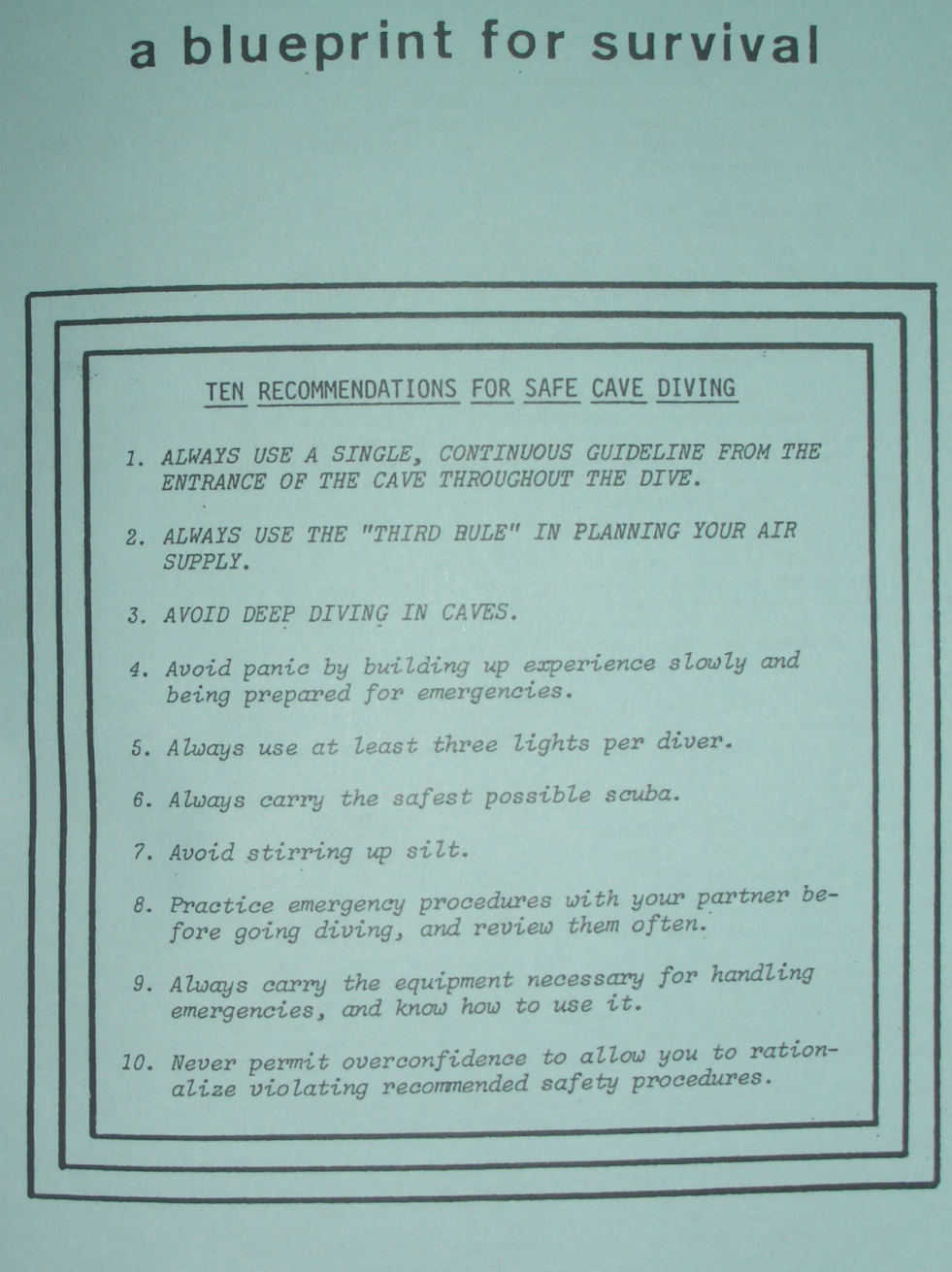wtcreaux
Contributor
A ScubaBoard Staff Message...
I have not read all 57 pages (stopped at page 18) so please bear with me if this has already been brought up.......this was NOT a cave diving ACCIDENT. I am a firearms instructor with 30+ years EMS experience and have never seen an "accidental" shooting. Negligent yes but accidental no. Safety rules with firearms (as listed by the NRA) are 1) ALWAYS keep the muzzle pointed in a safe direction (meaning if it fires, ZERO bodily injury and minimal property damage), 2) ALWAYS keep your finger off the trigger until ready to fire, and 3) ALWAYS keep the gun unloaded until ready to use (for CHL or LEOs, when you put it on, it is ready to be used). Notice the the type of firearm, caliber, age of shooter, experience of shooter does NOT matter. Also note that the rules are phrased in the affirmative (always) versus negative (never).
When basic rules of safety are violated, why do we call the results accidental. By not calling it what by what happened (safety violation - negligence), I don't think mind sets will change.
IOW, if you violate basic safety rules, you increase exponentially your odds of a bad outcome.
So my question is.......what 3-5 safety rules should be stressed for EVERY diver ?
Last edited by a moderator:





